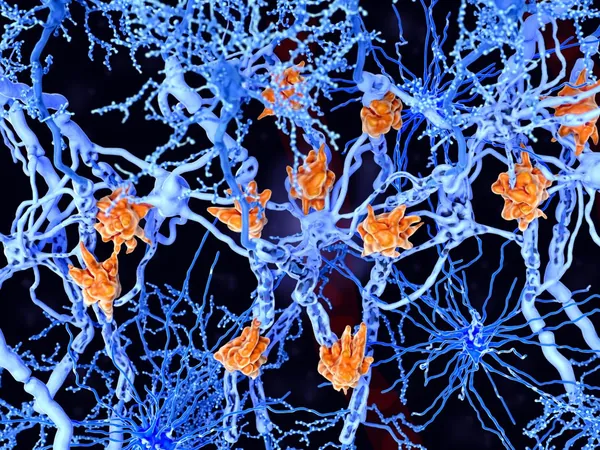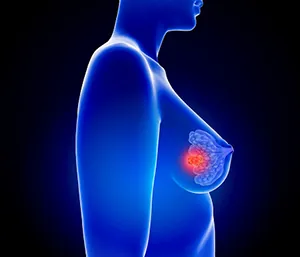
Breakthrough Study Reveals Stem Cells Can Restore Myelin in MS-Like Conditions!
2025-07-08
Author: Sarah
Revolutionary Discovery in Multiple Sclerosis Research
A groundbreaking new study from the University of Cambridge has revealed that induced neural stem cell (iNSC) grafts can effectively create myelin-producing cells in mice suffering from lesions resembling those found in progressive multiple sclerosis (MS). Published in the esteemed journal *Brain*, this research marks a pivotal moment as it is the first to demonstrate that stem cell grafts can directly replace lost oligodendrocytes, ushering in a new era for remyelination in the central nervous system.
Hope on the Horizon for MS Patients
Touted as a chronic autoimmune disease, MS wreaks havoc on the central nervous system by attacking myelin — the protective sheath surrounding nerve fibers. This debilitating damage leads to escalating disabilities. While early-stage MS may exhibit some self-repair capabilities, these significantly decline as the disease progresses. This new research highlights a promising avenue for potentially reversing such damage.
Stem Cells in Action: A Closer Look!
Leading the study, Dr. Luca Peruzzotti-Jametti praised the findings, stating, "This research provides critical evidence that induced neural stem cell grafts can effectively turn into myelin-producing cells within the damaged central nervous system. It suggests a potential new way to treat progressive MS." The research team utilized a mouse model to explore whether iNSCs could enhance myelin repair, discovering that these cells not only stimulated existing oligodendrocyte progenitor cells (OPCs) but also differentiated into oligodendrocytes, directly generating new myelin.
Safe and Promising: Human Stem Cell Grafts
Additionally, the researchers showcased that xenotransplantation of human iNSCs (hiNSCs) is safe for mice, with these human cells taking root in demyelinating lesions and generating graft-derived human myelin. This is a massive leap, expanding on previous knowledge of the safety of neural stem cells in human applications.
Setting the Stage for Clinical Trials
As part of the ambitious RESTORE initiative, which is backed by the International Progressive MS Alliance, this research aims to transition these findings from the lab bench to clinical testing. Senior researcher Dr. Stefano Pluchino emphasized, "We’ve shown we can make new myelin with stem cells, and demonstrated it is possible to target lesions with grafts. This is a major step forward toward therapies for chronic demyelinating disorders like progressive MS."
The Future is Bright: New Directions Ahead
Given that current MS treatments mostly focus on immunosuppression and symptom relief without addressing myelin regeneration, these revelations could pave the way for innovative regenerative therapies. Future research will explore various methods of delivering iNSC therapy, such as intrathecal or intracerebroventricular administration, along with the role of astrocytes in remyelination and assessing the success of hiNSCs in more representative models, including aged mice.
In collaboration with global partners through the RESTORE research consortium, the Cambridge team plans to push these revolutionary findings into practical applications, potentially leading to the first clinical trials for neural stem cell grafts. Eyes are now firmly set on turning hope into reality for patients battling progressive MS.

 Brasil (PT)
Brasil (PT)
 Canada (EN)
Canada (EN)
 Chile (ES)
Chile (ES)
 Česko (CS)
Česko (CS)
 대한민국 (KO)
대한민국 (KO)
 España (ES)
España (ES)
 France (FR)
France (FR)
 Hong Kong (EN)
Hong Kong (EN)
 Italia (IT)
Italia (IT)
 日本 (JA)
日本 (JA)
 Magyarország (HU)
Magyarország (HU)
 Norge (NO)
Norge (NO)
 Polska (PL)
Polska (PL)
 Schweiz (DE)
Schweiz (DE)
 Singapore (EN)
Singapore (EN)
 Sverige (SV)
Sverige (SV)
 Suomi (FI)
Suomi (FI)
 Türkiye (TR)
Türkiye (TR)
 الإمارات العربية المتحدة (AR)
الإمارات العربية المتحدة (AR)